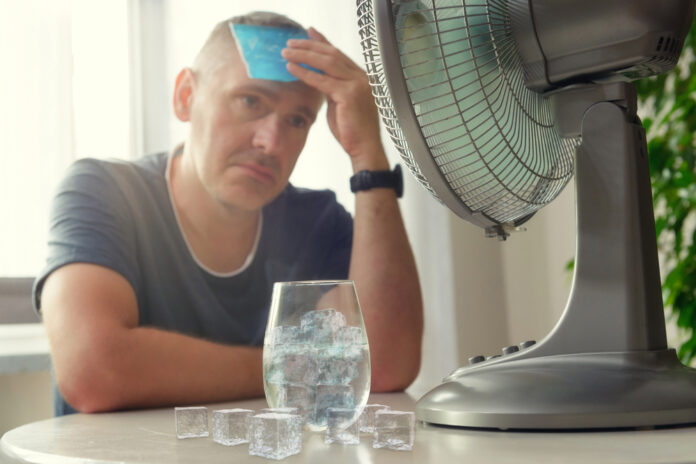
The feeling of breaking out in a cold sweat is unique and unpleasant. Most people will experience this feeling at least once in their lives, however, for some, this is a reoccurring issue. There are many causes of cold sweats, and therefore many ways to go about treating them, based on the root cause.
Causes of Cold Sweats
Cold sweats can be caused by a variety of things. Cold sweats are closely related to your body’s “fight or flight” reaction, meaning they stem from a disturbance in the nervous system.
There are several conditions that could cause cold sweats. Some include:
- Shock, from extreme trauma or injury.
- An infection, or in more serious cases, sepsis.
- Vertigo, marked by dizziness and nausea due to an issue in the inner ear.
- Fainting, particularly when someone is about to faint.
- Migraines, a debilitatingly painful headache.
- Hypoxia, which is a condition where the body is undersupplied with oxygen.
- Hypotension, otherwise known as abnormally low blood pressure.
- Hyperhidrosis, otherwise known as excessive sweating.
- Anxiety, either acute or prolonged.
- And more!
Cold Sweat Vs Normal Sweat
Sweating is normal and is crucial to maintain a regulated body temperature. When we exercise or go out in hot weather, our body sweats to keep us cool.
However, cold sweats have nothing to do with temperature. You can get a cold sweat while sitting still in a cool room. This is because cold sweats are triggered by an agitated nervous system.
What To Do About Cold Sweats
If your cold sweats are accompanied by severe pain, particularly chest pain, then you must dial 911. Cold sweats can be an early precursor that a serious health event, like a heart attack, is going to happen soon. You can expect cold sweats after an injury or traumatic event, such as a car accident. However, they should subside within the day.
How you will treat your cold sweats really depends on the root cause. For example, high levels of anxiety can cause cold sweats in some people. If this is the case, then you will want to seek mental health counseling and medications to quell your symptoms.
If your cold sweats are accompanied by other physical symptoms and pain, it’s always best to prioritize seeing a doctor ASAP. They can identify what might be the root cause and treat it.
Conclusion
Cold sweats can be a scary and confusing condition. However, most people will experience them because of an injury or traumatic situation at least once in their lives. Typically, cold sweats come on quickly and subside quickly. If your cold sweats are persistent, consistent, or accompanied by pain then you need to see a doctor urgently. Cold sweats can be a sign of a more serious underlying condition.
Sources:
What Is Diaphoresis? (Cold Sweats) (verywellhealth.com)
Cold Sweats: Causes, Treatment, and More (healthline.com)



















